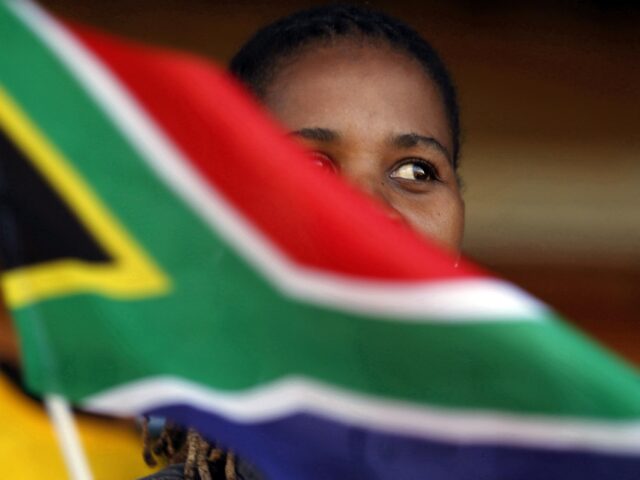The results of the South African experiment are in, and they are conclusive: democratic socialism has failed, at least in a diverse society with a recent history of conflict.
The country has suffered violent crime for decades, a fact punctuated in recent days by the murder of Jeremy Gordin in a burglary at his home in Johannesburg. The state power company predicts electricity shortages for the next year. The freight rail network has been stolen.
That’s right: stolen.
Thieves, often working through organized crime networks, have steadily removed parts of the national infrastructure that have a high resale value, such as copper wiring.
The result is that shipping now takes place on the country’s roads, which are deteriorating rapidly. A further result is that truckers are routinely hijacked for their cargo, especially along the corridor between Johannesburg and the port city of Durban.
The only exception to the decline is Cape Town, and the Western Cape province around it, governed by the Democratic Alliance (DA), the main opposition to the ruling party, the African National Congress (ANC).
The DA stresses free markets and clean governance, and rejects categorizing South Africans by race. It barely wins more than 20% in national votes, but South Africans are voting with their feet, flocking to the Western Cape.
How did South Africa go so wrong?
The simple answer is corruption. But then again, corruption is not quite that simple.
It is not just a case of moral failure, or of criminal syndicates infiltrating the state. Nor is it just Africa’s post-colonial fate.
In South Africa’s case, corruption was facilitated by socialist policies, enshrined in the post-apartheid constitution, that gave the state massive power, thus creating more opportunities for graft.
Socialism is not always so corrupt: the social democracies of Northern Europe, so beloved by the American left, have managed to maintain First World standards of transparency. But the archetypal socialist systems of the Scandinavian countries have relied, historically at least, on ethnic homogeneity.
Even those countries have moved toward greater privatization — and they have struggled to absorb African and Middle Eastern migrants.
In South Africa, state-controlled economic development began during the apartheid era, and it was aimed at white people, particularly Afrikaners, whose poverty in the early 20th century drew international sympathy.
Apartheid lifted many Afrikaners into the middle class, but at the cost of dislocation and disenfranchisement for black South Africans. Today, there are other ethnic groups competing for state power. The result is chaos.
There was no “easy walk to freedom,” Nelson Mandela said — and there is no easy way to restore it, once it disappears amid crime and decay.
Look at San Francisco, where the mayor is begging for federal help to stop surging crime. Look at Chicago, where voters who recently ousted failed left-wing mayor Lori Lightfoot have just elected an even more radical candidate, Brandon Johnson. Our own cities are South Africa in miniature.
Freedom includes the freedom to make bad choices — such as restricting that freedom, through socialism. But such choices cannot be undone.
Americans, like South Africans, are voting with their feet, moving to the “red states.” Meanwhile, “blue” governors like Gavin Newsom, who banned church worship during the pandemic, pose as champions of freedom — the freedom to abort babies and change your gender, the only freedoms left.
Joel B. Pollak is Senior Editor-at-Large at Breitbart News and the host of Breitbart News Sunday on Sirius XM Patriot on Sunday evenings from 7 p.m. to 10 p.m. ET (4 p.m. to 7 p.m. PT). He is the author of the new biography, Rhoda: ‘Comrade Kadalie, You Are Out of Order’. He is also the author of the recent e-book, Neither Free nor Fair: The 2020 U.S. Presidential Election. He is a winner of the 2018 Robert Novak Journalism Alumni Fellowship. Follow him on Twitter at @joelpollak.

COMMENTS
Please let us know if you're having issues with commenting.